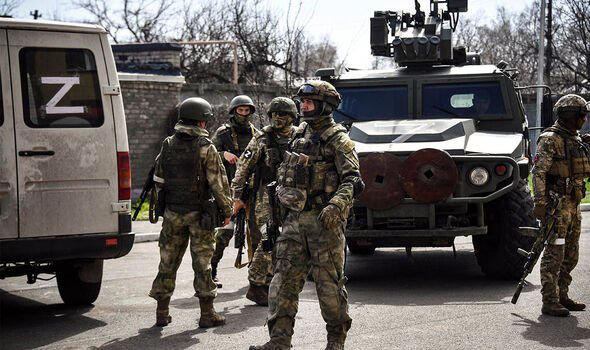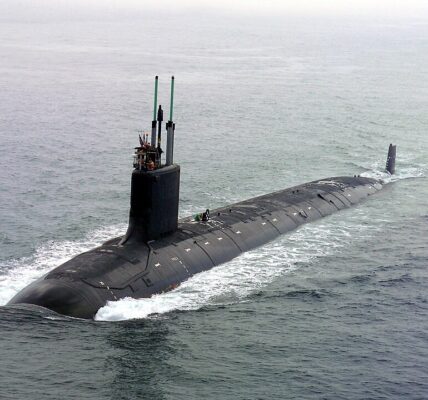Israeli Retaliation Delay Against Iran
Israeli Retaliation Delay Against Iran: Explore the reasons behind Israel’s cautious approach following Iran’s missile strike and the implications for regional stability.
In the aftermath of Iran’s missile attack on October 1, many observers have been wondering about the Israeli retaliation delay against Iran. The attack came shortly after the assassination of key figures like Hezbollah chief Hassan Nasrallah and an Iranian general in Beirut. Typically, one would expect a swift response from Israel, but ten days have passed, and tensions remain high without a significant Israeli strike.

The Impact of the Missile Strike
One of the primary reasons for the Israeli retaliation delay against Iran is the effectiveness of the Iranian missile strike. Reports suggest that this attack managed to evade Israeli, US, and allied air defenses, demonstrating that Iran has improved its capabilities. In previous confrontations, such as the one in April, Israeli defenses intercepted most incoming missiles. However, this time, a considerable number got through and successfully hit military targets.
This significant breach raises concerns for Israel about how any retaliation might play out. A counterattack could result in greater risks and costs for Israel and its allies, especially given that the recent Iranian strike demonstrated advanced evasion tactics. If Israel were to respond aggressively, they risk inviting further retaliation from Iran, which has made threats of attacking not just military bases but also civilian areas in Israel and US positions in the region.
Iranian Threats and Regional Implications
Another factor contributing to the Israeli retaliation delay against Iran is the threats coming from Tehran. Iran has warned that any significant military response from Israel would lead to reprisals that could target Gulf states, particularly those involved in the Abraham Accords, such as the UAE and Bahrain. These threats are taken seriously, as they indicate that any Israeli action might trigger a wider conflict that draws in multiple countries.
The fear of escalation is palpable. Should conflict spread to the Gulf states, it could disrupt not only regional stability but also global economic markets, particularly energy supplies. The implications of an Israeli strike could extend well beyond the battlefield, affecting everyday life in many countries and possibly leading to a humanitarian crisis.
Limited Israeli Capabilities
The Israeli retaliation delay against Iran also highlights a key military consideration: Israel may lack the capability to execute a successful strike without the support of the United States. While Israel has demonstrated its ability to engage with Hezbollah and other Iranian proxies, Iran’s missile infrastructure is much better protected and located further away.
Israel might be able to target some of Iran’s nuclear facilities; however, the logistics of taking out Iran’s entire missile capability are daunting. Israeli military leaders understand that they could engage in limited strikes, but without comprehensive US involvement, any action could lead to a situation where Iran remains a threat. The reality is that even with a successful strike on nuclear facilities, Iran would still possess missile capabilities that could be launched in retaliation, affecting not only Israeli cities but also energy markets and shipping routes like the Straits of Hormuz.
The Role of the United States
As discussions about the Israeli retaliation delay against Iran continue, the role of the Biden administration is crucial. The US has historically avoided direct military engagement with Iran, preferring to support its allies through intelligence and logistics. However, this situation could change as Israeli leadership contemplates a more extensive military campaign against Iran.
The Biden administration faces a critical decision: Will it support Israel’s potential “escalate-to-de-escalate” strategy, or will it advocate for immediate de-escalation to avoid further violence in the region? This choice carries significant implications for US interests and relationships with its allies.
If the US decides to back a joint military operation with Israel, it could provide the necessary resources to effectively target Iranian missile capabilities. However, such a move would be fraught with risk, likely leading to a larger conflict in the region that could have devastating consequences for all involved.
On the other hand, pushing for de-escalation could allow Iran to maintain its capabilities and continue to operate within the region, possibly leading to a future where tensions could flare up again. For Israel, the stakes are high, as the leadership feels an urgent need to reshape the Middle Eastern order by weakening Iran and its allies.
Weighing the Risks
In contemplating a response to the Iranian attack, Israeli leaders are likely weighing their options carefully. The decision on how to respond to the Israeli retaliation delay against Iran involves evaluating not only military capabilities but also the potential fallout. An Israeli strike could lead to a conflict that spirals out of control, affecting civilian populations and leading to widespread chaos.
The prospect of blowback is another crucial consideration. If Israel chooses to retaliate, it could face severe repercussions, including missile strikes against its cities, economic disruption, and possible refugee crises stemming from a collapsing Iranian state. The consequences of a military engagement could be so severe that they might lead to a reassessment of long-standing strategies in the region.
Conclusion
In summary, the Israeli retaliation delay against Iran is rooted in a combination of military, political, and strategic considerations. The success of the recent Iranian missile strike has complicated Israel’s options, raising the stakes for any potential military response. Additionally, Iranian threats of retaliation and the limitations of Israeli military capabilities without US support contribute to a cautious approach.
As the situation unfolds, the Biden administration’s choices will significantly impact the next steps for both Israel and Iran. The risks of escalation remain high, and leaders on both sides must carefully consider the consequences of their actions. Ultimately, the balance between addressing immediate threats and maintaining long-term stability in the region will be a defining challenge for all involved.
Related:
North Korea Nuclear Threat to South Korea: 7 Terrifying Consequences!



